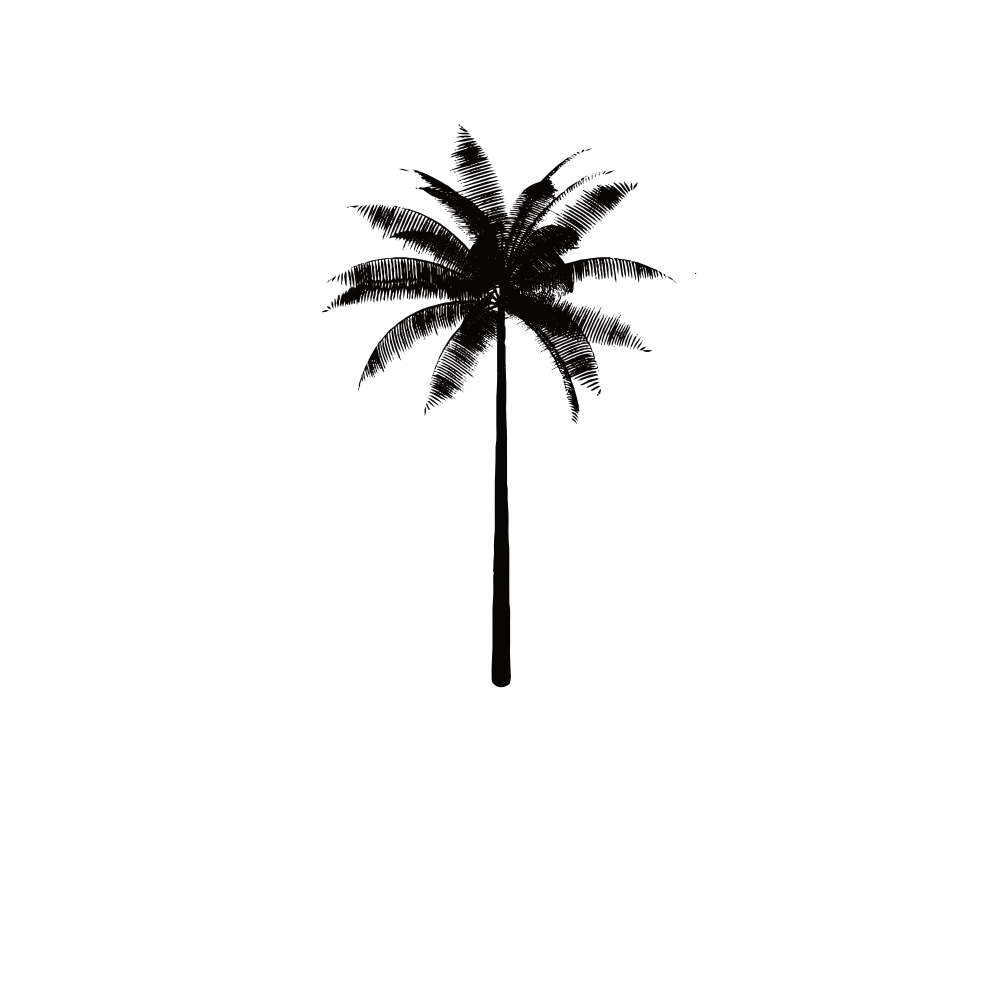

PRONUNCIATION
TRANSLATION
Mbube – ‘Lion’ (Zulu); the popularity of the song led to the ingoma
busuku (as well as isicathamiya) genre being re-labeled as
‘mbube’ based on the title and familiarity of the hit song)
Ingoma busuku – ‘night music’ (Zulu)
Other names: Imbube
INSTRUMENTS & TECHNOLOGY
Acapella singing.
INFLUENCES
Makwaya, ragtime, Afrikaans folk music.
VARIATIONS & DERIVATIVES
DESCRIPTION
‘Ingoma busuku’ was originally a blanket term for popular working-class Zulu-Swazi choral music of the 1940s through 1960s, and is often used interchangeably with ‘isicathamiya’ to denote the same genre – though the latter is typically considered a subset of the former 1. The term ingoma busuka itself carries its own unique historical context, in that ‘night singing’ (literal translation) was negatively associated with the types of people who were more likely to be out and about at night while “respectable, civilized” folks were at home, presumably sleeping. However, due to the realities of police raids, curfew regulations, and public transportation logistics, any and all black-orchestrated concert and dance events (regardless of style or genre) could only be held at night, with participants only being allowed to come and go in the daylight hours. This resulted in performances that lasted well into the morning, and further meant that while ‘night singing’ was looked down upon by white South Africans and even black elites, these late night performances and even nighttime itself held an almost sacred signification for working-class black South Africans as literal and figurative spaces reserved for creative expression 2.
‘Mbube’ (‘Lion’) is often cited as a popular example of the ingoma busku genre, though its backstory also functions as an anecdotal depiction of the ongoing challenges faced by black South African musicians in securing adequate royalties and overall credit for their work. ‘Mbube’ was originally recorded in 1939 as a melodic adaptation of an old wedding song, using lyrics that told the story of Solomon Linda killing a lion cub as a young man. “Mbube,” which would become one the greatest South African hits of all time (and helped build Gallo into the largest and most powerful record label in South Africa), combined a rural Zulu singing style with an urbanized swinging vamp rhythm in a way that captivated South Africa both in and outside of city bounds. Ten years following its initial release, Gallo – the original copyright owner – sent a copy to New York City’s Decca Records in hopes of gaining international commercial notoriety. At the time, major American labels were not particularly interested in releasing South African music, so Decca rejected “Mbube’” on the spot. Nevertheless, the original Solomon Linda version found its way to folk singer Pete Seeger, who released a covered version of “Mbube” with his own band, The Weavers – though they misheard the original Zulu lyrics of ‘uyimbube, uyimbube’ phonetically as ‘wimoweh, wimoweh’ and re-named the track as such. Though The Weaver’s 1957 hit ‘“Wimoweh” achieved massive commercial success in the states, Solomon Linda never received any royalties for this version of his original creation, since it was copyrighted in the states under another composer’s name 3.
In 1961, just a few years following the success of “Wimoweh,” the distinct “Mbube” melody was re-purposed yet again by the Tokens as “The Lion Sleeps Tonight.” This version quickly soared to stardom, and is still probably the most widely known adaptation of “Mbube” – though it was by no means the endpoint to a legacy of appropriation. In 1994, “The Lion Sleeps Tonight” reached another level of commercial success when a covered version was featured in The Lion King soundtrack, in turn sparking controversy over the original ownership of the song. Thankfully, in 2004 Solomon Linda’s family secured a lawsuit against Disney that allowed them to claim subsequent royalties derived from “The Lion Sleeps Tonight.” Today, the total accrued composer royalties for “Mbube” and its various derivatives has been valued at over 50 million USD (15 million of which was attributed to The Lion King alone), with Solomon Linda (the original composer) and his family receiving approximately .02% of that figure as of 2000 4.
EXAMPLES
W. Theletsane – “Ingoma E Sisi” (date unknown; available here):
Solomon Linda and the Evening Birds – “Mbube” (1939):
The Weavers – “Wimoweh” (1951):
The Tokens – “The Lion Sleeps Tonight” (1961):
Lebo M. (The Lion King Soundtrack) – “The Lion Sleeps Tonight” (1995):
SOURCES
Coplan, David. In Township Tonight! South Africa’s Black City Music and Theatre, 2nd Edition. Chicago and London: The University of Chicago Press, 2008. Print. p. 241 1, 159 3, 187-9 4
Erlmann, Veit. 1992. “‘The Past Is Far and the Future Is Far’: Power and Performance among Zulu Migrant Workers.” American Ethnologist 19.4: 688-709. Print. 2
